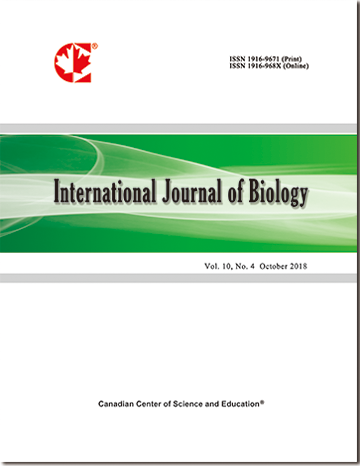Genetic Perturbation of Redox Status and Fructose-Supported Elevation of Dark Anaerobic Hydrogen Evolution in Synechocystis sp. Strain PCC 6803
- Adipa Chongsuksantikul
- Kazuhiro Asami
- Shiro Yoshikawa
- Kazuhisa Ohtaguchi
Abstract
The effects of fructose on the dark anaerobic hydrogen production of the genetically modified mutants from glucose tolerant derivative of unicellular cyanobacterium Synechocystis sp. strain PCC 6803 (GT strain) in nitrate-free buffer solution has been studied by following the time courses of the amounts of hydrogen, fructose, dry cell weight, lactate and acetate per culture volume and the amount of endogenous glucose per dry cell weight. Considering that hydrogen production on bidirectional NiFe-hydrogenase competes NAD(P)H with lactate dehydrogenase and alcohol dehydrogenase, mutants which lack lactate dehydrogenase (Dddh mutant) and both lactate dehydrogenase and alcohol dehydrogenase (DadhDddh mutant), were utilized. These genetic modifications have a high potential to redirect electrons to NiFe-hydrogenase for hydrogen generation. A supply of additive to increase electron supply has found to be a successful method to activate hydrogen production. Fructose was selected as an additive due to our previous observation that hydrogen production in GT strain was highly increased in the presence of 50 mmol mL-1 fructose. Initial hydrogen production rate of DadhDddh mutant in the presence of 50 mmol mL-1 fructose was increased to 0.129 mmol mL-1h -1 that was 5.11 times that of GT strain. This increase was associated with the initial increase in glucose accumulation rate. Hydrogen production by DadhDddh mutant in the presence of 50 mmol mL-1 fructose was quite stable for at least 120 h. Fructose-mediated hydrogen production resulted in an 11-fold increase in the moles of hydrogen per culture volume at 120 h over controls.
 PDF
PDF
